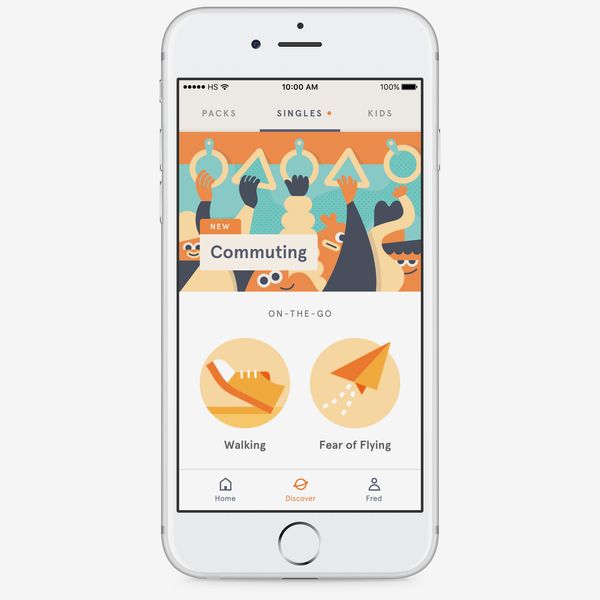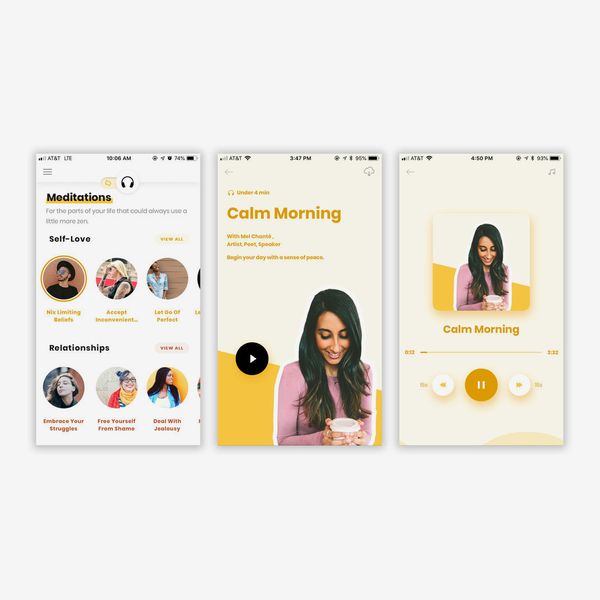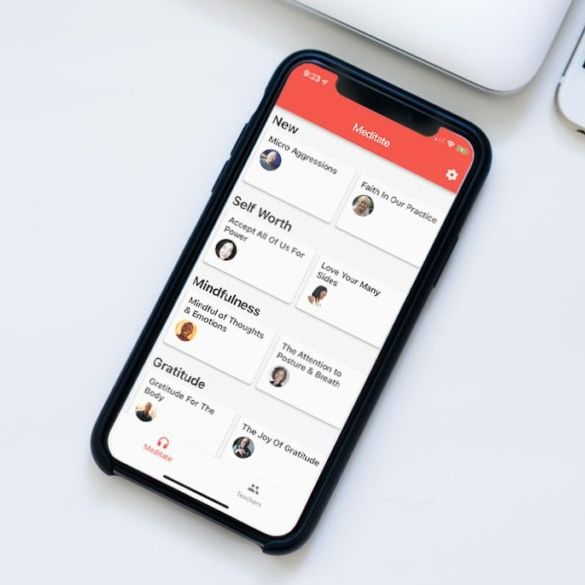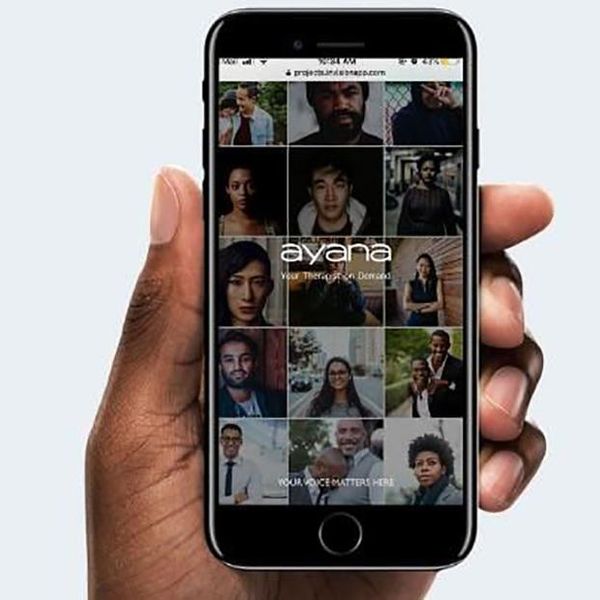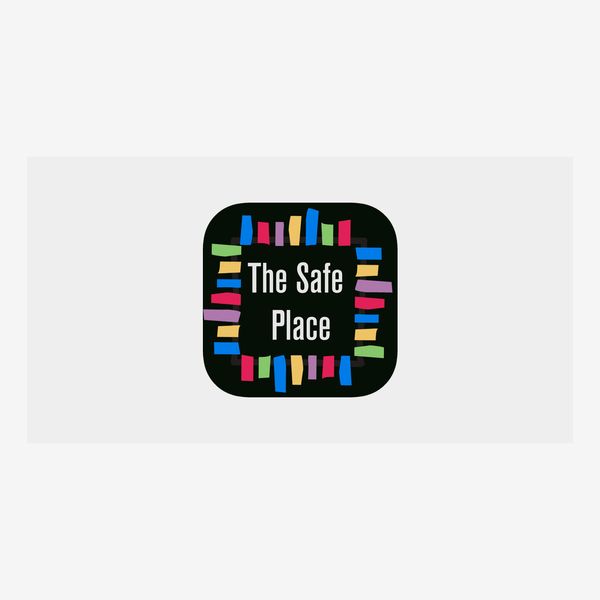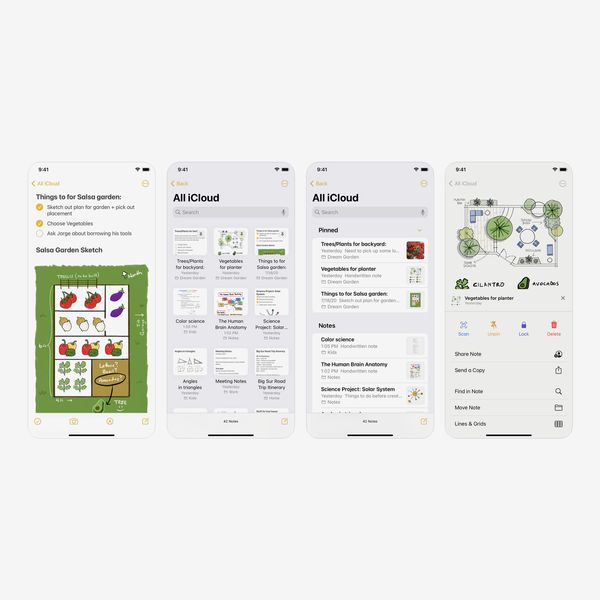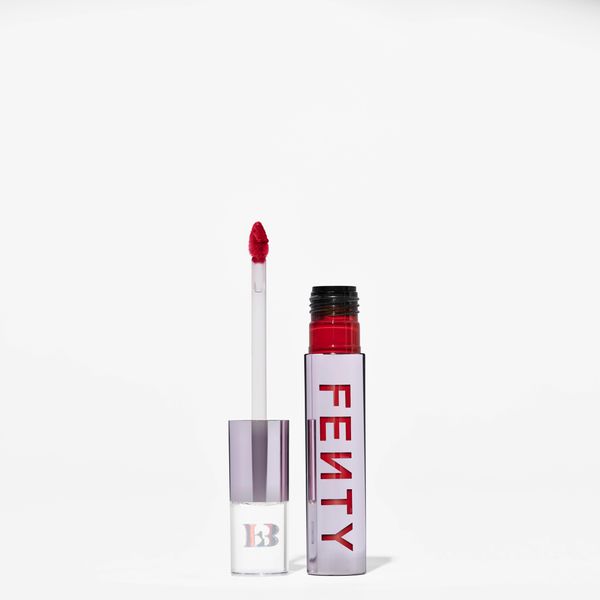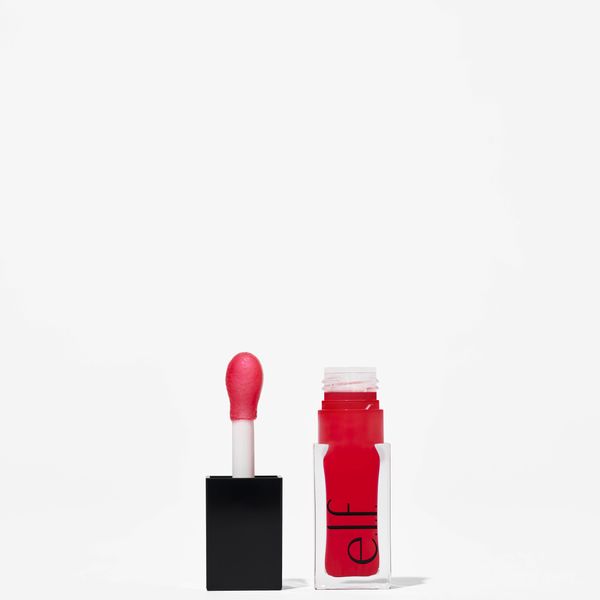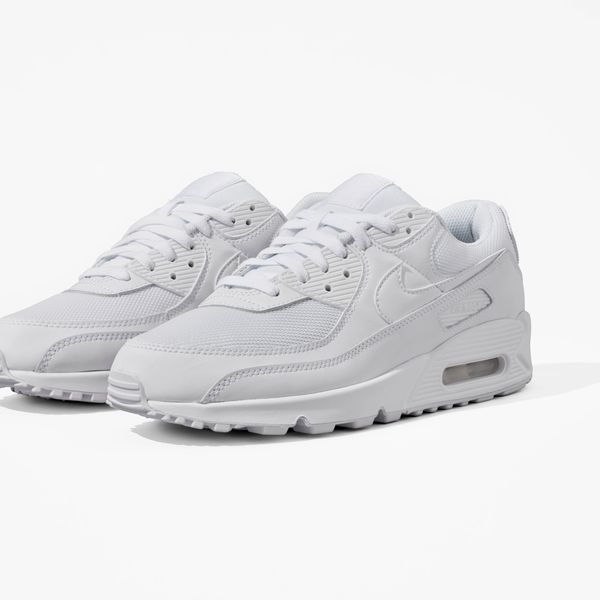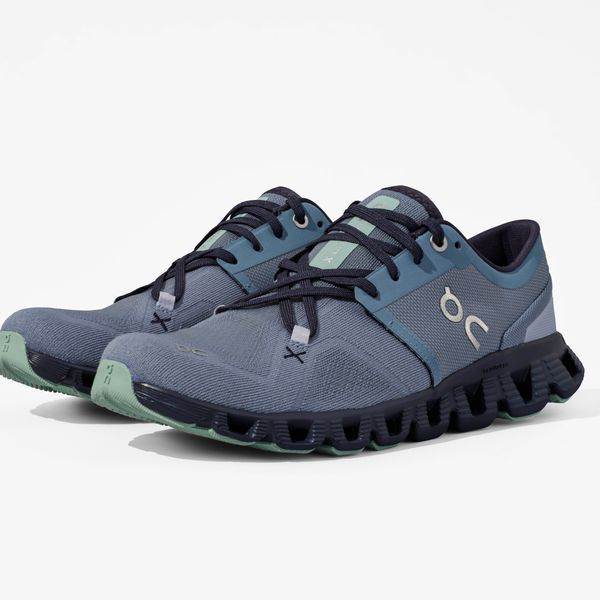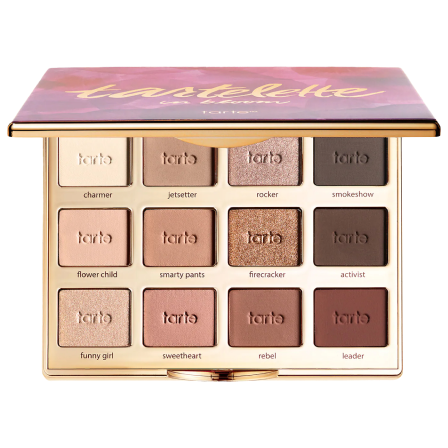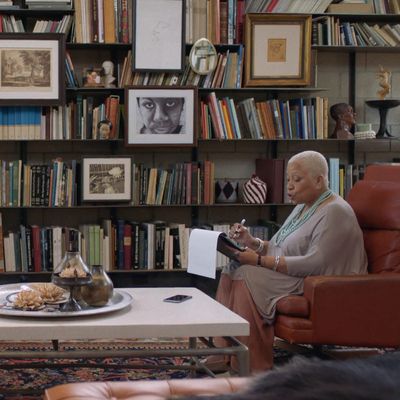
The death of George Floyd at the hands of the police, along with ongoing systemic racism in America has given an urgency to the Black Lives Matter movement over the last five months. We gathered, we protested, and we marched against police brutality and the violence spilling onto the streets of almost every American state. But anyone affected by this movement and what lead to it needs to remember to take care of themselves, too. “Racism not only impacts the physical health of Black people and other communities of color but it also impacts the emotional, mental, and spiritual health of individuals. This is called racial trauma,” says Jacquelyn Ogorchukwu, the author of The Geometry of Being Black.
Dr. Jenniffer Mullan, a psychologist and emotional wellness coach says, “[Racism] is a form of violence and continues to create a sense of stress. This stress impacts all of our nervous system pathways and creates a deep sense of constantly being under attack — fight or flight or freeze.” When we examine the intergenerational effects of racial trauma, “we can see a distinct correlation,” she says. “Our bodies ‘weather’ away in distress from needing to protect oneself emotionally, physically and mentally.”
“Thankfully, these days we’re having more conversations about the importance of caring for our mental health,” says Eliza Boquin, co-founder of Melanin & Mental Health. “It all starts with making sure that everyone has access to adequate resources to start them on their mental health and wellness journey.” The internet, she says, has been great for this democratization of resources. Ogorchukwu agrees: “When we address these issues in a digital forum, it creates an environment where BIPOC across the globe can come together to express a shared experience. Validation is a powerful thing,” she says.
“Look at society today. There is no way you can deny that the recent racial justice uprisings have shined a light on how systemic racism negatively impacts the mental health of the Black community,” says Maryam Ajayi the founder of Dive in Well, an online wellness community. “Technology is certainly part of the answer. We are in the age of information where social media means anyone online is now a platform. Flaws, humility and authenticity are the new dimensions of strength, so people are willing to bear their own and speak more candidly, which opens up conversations about mental health.”
In an effort to help people find the tools and digital spaces Black people and other POC have designed for themselves we spoke to six mental health and wellness experts about the best online resources and apps for Black people and other POC during these times.
Best meditation apps
Nedra Glover Tawwab, a therapist and writer, recommends apps like Headspace, which provide an easy intro to the idea of meditation. “When people are considering meditation, it seems very overwhelming to think about how to get started,” she says. “If you start with an app, it’s just a lot easier to understand how to breathe, how to follow your breath and just the variety of ways that you can meditate.” Boquin also suggests Headspace for people looking for new ways to reduce their stress levels. “The app introduces you to meditation with an array of guided meditations & videos designed to help you cope,” she says.
Mullan has been using Shine for many years. “They are a Black-owned app, with more than 600 guided meditations, morning inspiration texts, customizable mental health tool kits and community forums.”
“Liberate is a subscription-based meditation app that includes practices and talks designed for the BIPOC community,” Boquin says. Orgorchukwu also recommends Liberate, noting that “it is filled with anti-oppressive meditations that can help Black folks and people of color deal with issues such as racial microaggressions and more.” According to Boquin, some apps tend to overlook the importance of “including the voices and faces of teachers from marginalized and underestimated communities.” But founder Julio Rivera, she says, “filled a much needed gap in the market for BIPOC. Representation is power, and Juilo has created an app rooted in power.”
Best therapy app
“I used to lie when I was going to see my therapist because of the shame attached to mental health, but those discussions are no longer hush hush,” Ajayi says. “It’s so normalized now,” she says, and that creates a domino effect. “I get so many messages from Black people who thank me for being open and honest about my mental-health journey because it’s allowed for them to do the same.” Ajayi, Mullan, and Ogurchukwu call out the app’s system of matching clients to therapists. “They provide a detailed questionnaire to connect members of marginalized communities with compatible licensed therapists based on their background, needs and identities,” Ayani says. Therapy packages include text support, phone calls and virtual meetings with a choice of more than 200 clinicians. “The intentionality put into ensuring that BIPOC are matched with therapists that can cater to their race-based needs is powerful,” says Ogorchukwu. “They are not just all talk, they are taking action to help save people’s lives,” says Ajayi.
Best self-care apps
Apps like the Safe Place give people a sense of trust in mental health, says Mike Veny, a patient advocate at Health Central. He says the app, which Boquin also recommends, provides self assessment and tips on how to add self care to your daily life. “It inspires good discussion around mental health within the black community,” Veny says. “To put it simply,” Mullan says, “we are only as well as we feel. If we feel dejected, apathetic, or constantly anxious, this impacts not only our worldview, but our creativity, motivations, and focus. And it definitely impacts our physical health.”
“Instead of pressuring ourselves to find some app that does it all, the app can be most helpful is one that’s already on our phone: the notes app,” Tawwab says. She calls the simple act of jotting down your day-to-day interactions, good or bad, “a wonderful journal-like strategy.” Throughout your day, she recommends stopping what you’re doing and using a digital assistant like Siri as a kind of digital recorder, allowing you to dictate your thoughts straight to notes.
Other online mental-health resources
If you’re interested in other ways to get help, we asked each of our experts to tell us about other available online options.
Jacquelyn Ogorchukwu
Ethel’s Club: “This is a digital membership social wellness club for BIPOC. Members have access to virtual yoga sessions, meditation sessions, music sessions, workouts, book clubs, creative clubs, and more. The Club is a beautiful space for those looking for community.”
Making the Body a Home: “This is an online platform I created that empowers Black, brown, and people of color who wish to tend to their societal wounds caused by racism. The current course is called Unpacking Internalized Racism. It is creating an unprecedented space where folks can explore how racism has impacted their sense of self.”
BEAM: “This is an organization that centers on the healing and wellness of Black and marginalized communities. The organization offers online tools, events, and education for individuals who are looking to tend to their mental health.”
Eliza Boquin
The National Alliance on Mental Illness: “NAMI is committed to bettering the lives of Americans impacted by mental illness. Their website has a wealth of information on support, education, and ways you can get involved as a mental-health advocate.”
Melanin and Mental Health: “If you are looking for a clinician of color, melaninandmentalhealth.com has an online directory of Black and Latinx clinicians. You can also check out therapyforblackgirls.com, therapyforblackmen.org, or openpathcollective.org.”
Maryam Ajayi
Dive in Well: “We have been really agile in creating virtual experiences for a diverse community with a really varied set of needs and desires. Free Swim are free and donation-based virtual workshops accessible to anyone who can get online. Our Pool Workshops are deeper dives in a panel format.”
Nap Ministry: “Founded by Tricia Hersey, this group examines the liberating power of naps. With everything going on in the world, it’s so important for people, especially Black people, to de-program ourselves from the grip of capitalism, the need to be producing 24/7. That means letting go of “grind culture,” which does such tremendous harm for our mental health. I love how Tricia not only advocates for rest, but gives tangible resources and tools to help people prioritize it because our lives depend on us unplugging and nourishing ourselves. And what better way to do that than through naps!”
Sad Girls Club: “Their founder Elyse Fox has done an amazing job in normalizing conversations about mental health with youth. Not only that, SGC is providing resources like community workshops to help hold space for healing.”
The Strategist is designed to surface the most useful, expert recommendations for things to buy across the vast e-commerce landscape. Some of our latest conquests include the best acne treatments, rolling luggage, pillows for side sleepers, natural anxiety remedies, and bath towels. We update links when possible, but note that deals can expire and all prices are subject to change.
